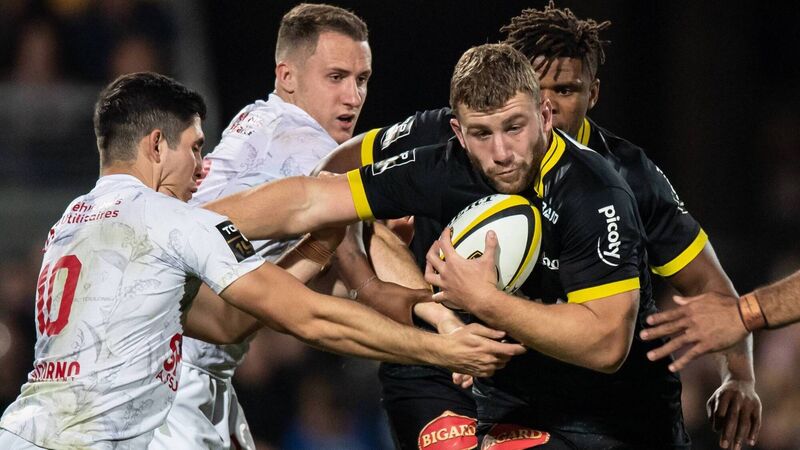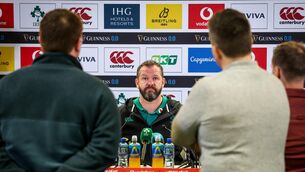Ronan O'Gara: On your own you’ll go faster, but together we’ll go further

La Rochelle's Pierre Bourgarit from the defence during a Top 14 match in October. Picture: AFP via Getty Images
When people mention the differences between club and Test rugby, it is usually the precursor to a debate about quality, standards and the extra percentages. There is another huge difference though.
Those in charge of an international team primarily concern themselves with coaching and managing players. In the professional club game, certainly in the case of France’s Top 14, it is a business first and foremost. There are livelihoods at stake, from the kitchen to the dressing room to the board room.










